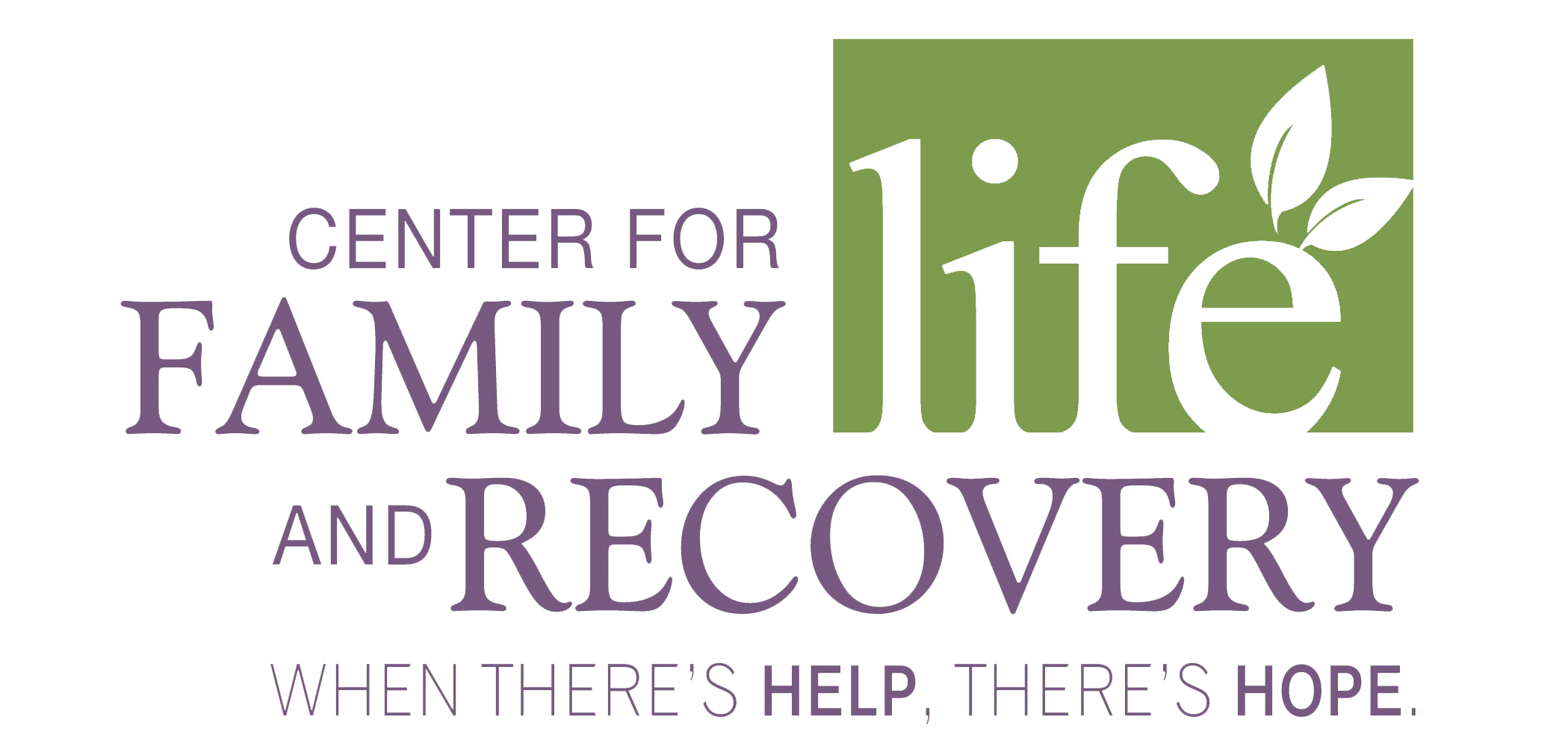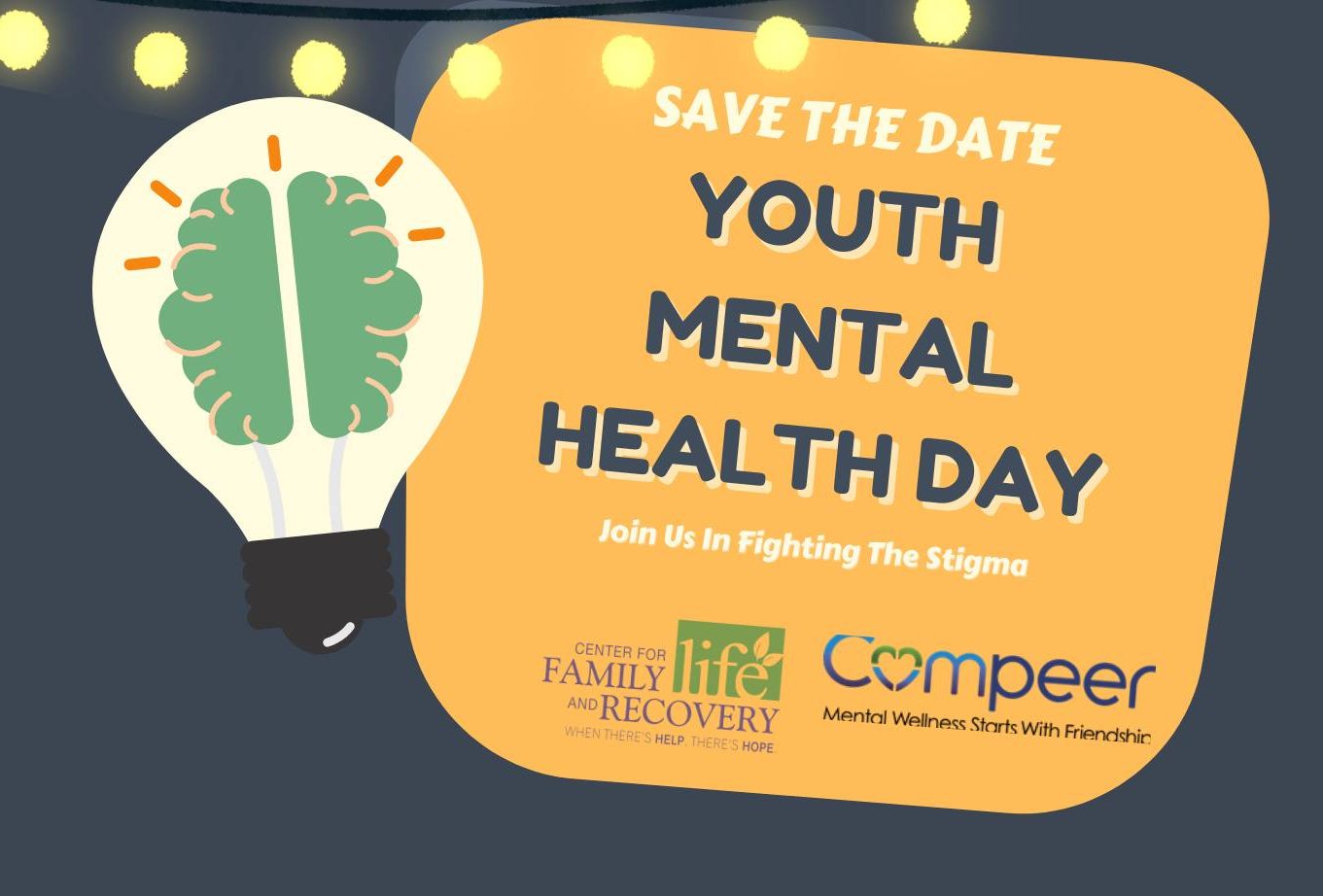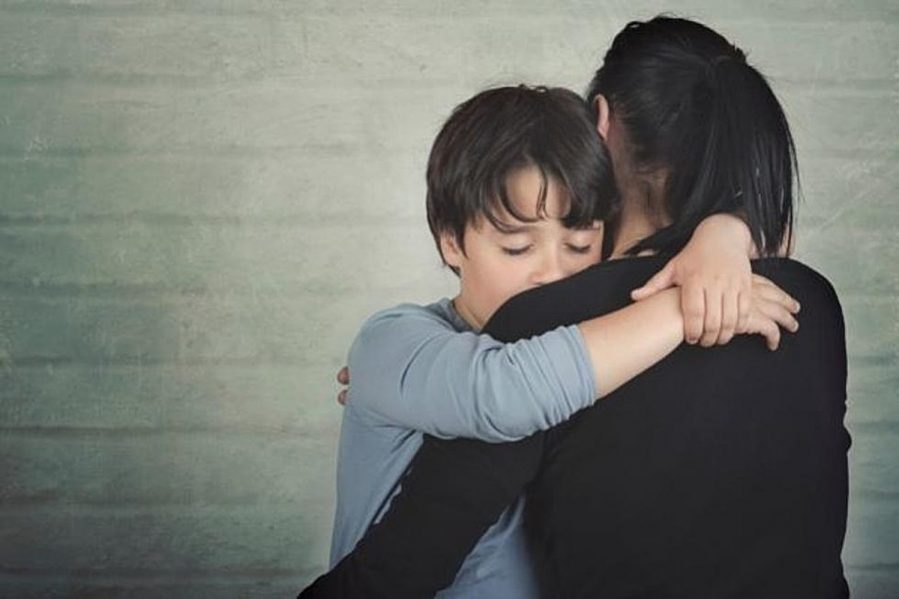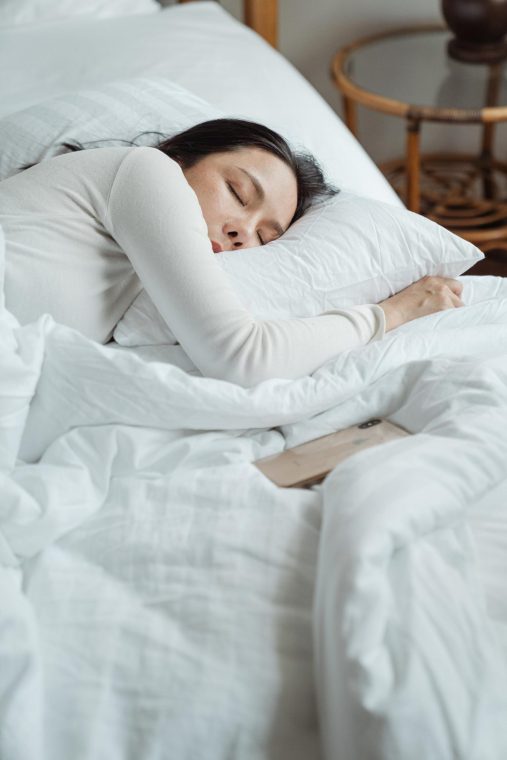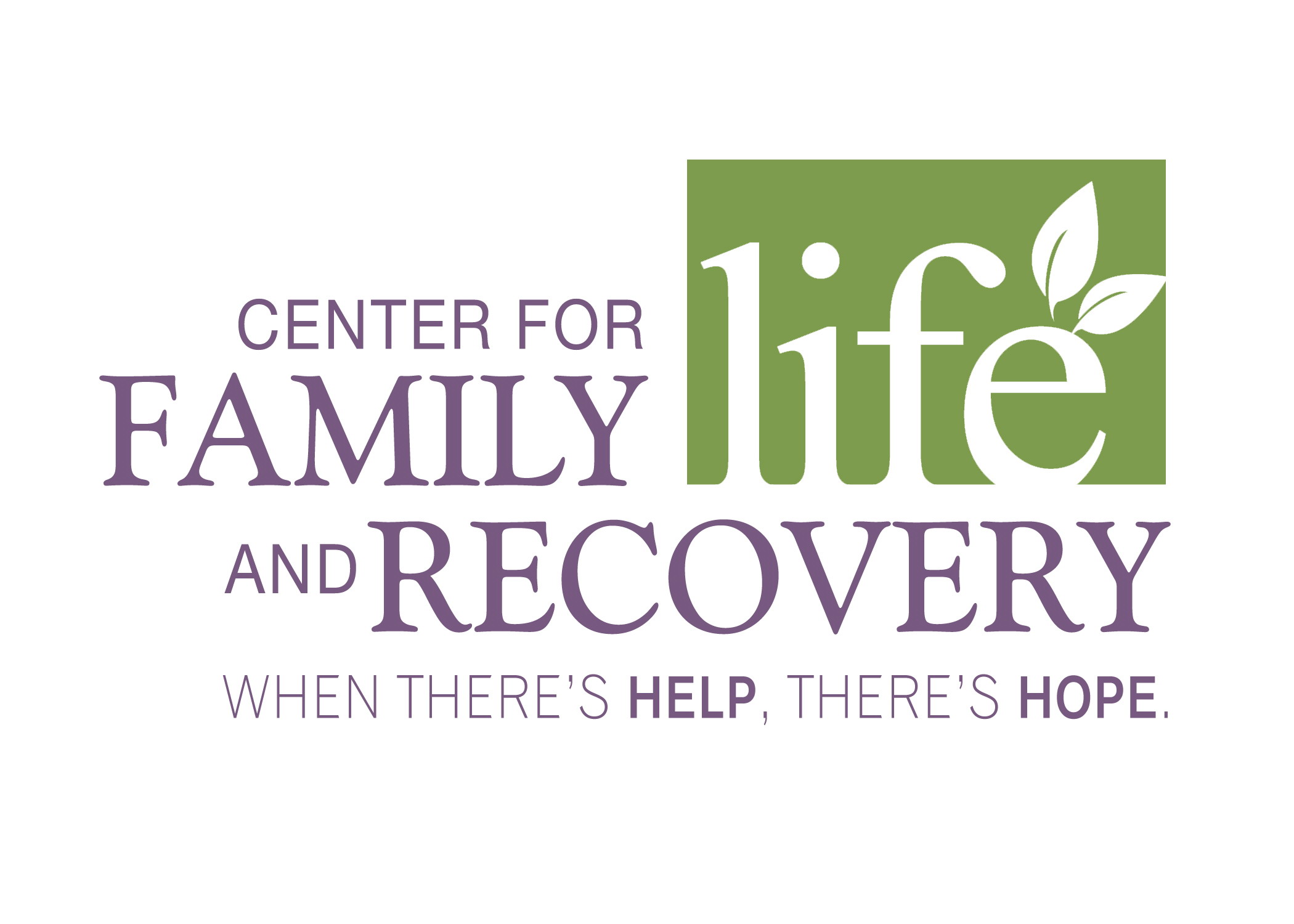We all know how precious sleep is. We watch babies struggle with it, then hope they somehow learn to self soothe themselves to sleep, and finally we relish in the peacefulness of watching that baby sleep. Sleep is an essential function that allows your body and mind to recharge, leaving you refreshed and alert when you wake up. Healthy sleep also helps the body remain healthy and stave off diseases. Without enough sleep, the brain cannot function properly. This can impair your abilities to concentrate, think clearly, and process memories.
Most adults require between seven and nine hours of nightly sleep. Children and teenagers need substantially more sleep, particularly if they are younger than five years of age. Work schedules, day-to-day stressors, a disruptive bedroom environment, and medical conditions can all prevent us from receiving enough sleep.
Want to talk about a universal stressor? How is coping through a pandemic effecting our sleep patterns?
Since the pandemic began, researchers around the world have documented a surge in sleep disorders, with 2 in 3 Americans reporting they are now sleeping either more or less than desired. See more at link below:
Growing concerns about sleep
https://www.apa.org/monitor/2021/06/news-concerns-sleep
Upended routines, more screen time, increased alcohol consumption, and dissolving boundaries between work and private life are just a few of the factors contributing to problems with sleep…
Suddenly, we are expected to get back to the office, activities, school, and life. You guessed it! We are not sleeping, and many Americans are turning to OTC drugs to help them fall asleep. This can be very dangerous, have long term effects and should be discussed with your doctor. Here is why:
Side effects associated with sleep aid medications include dry mouth, urinary retention, blurred vision, confusion, and constipation. The use of these medications is especially concerning in older or elderly individuals as they may be at a higher risk for confusion, dizziness, and falls.
Additionally, sleep aid medications often pair the active ingredient for sleep with other medications. For example, Tylenol PM includes diphenhydramine to help you sleep, and acetaminophen, a medication prescribed for pain relief. If you are taking other medications, you should consult with the pharmacist to make sure occasional sleep aids are safe.
The use of drugs containing diphenhydramine, such as Benadryl, are increasingly being used to help people fall asleep. The dangers of using this inexpensive allergy medicine are often overlooked. To understand the danger, one must look at how the ingredients effect the nervous system.
Not only do drugs containing diphenhydramine block histamine, diphenhydramine and doxylamine succinate have anticholinergic properties. Anticholinergic drugs inhibit the action of acetylcholine in the central and peripheral nervous system.
Acetylcholine is a neurotransmitter that plays a pivotal role in several brain functions, including short-term memory and thinking. Anticholinergic medications can produce cognitive impairment that persists even after you stop taking them. Researchers found that taking anticholinergic medications increased the risk for dementia and Alzheimer’s disease for up to 20 years after exposure.
So now what? What can we do to increase our probability of getting a good night’s rest? First and foremost, according to sleep expert Dr. Nerina Ramlakhan, give yourself a break! Stressing over not getting enough sleep, is causing more sleep disturbances! It is normal to wake up several times a night and soothing yourself back to sleep is a skill (remember the baby in the opening paragraph).
Check out:
Five non negotiables for good sleep by Dr Nerina Ramlakhan:
https://youtu.be/tww5ZZb4Bqo
Try some basic meditation techniques and try to stay in a relaxed sleep state when you rouse. Do not look at your phone, for that matter, try to not look at the clock. Knowing you only have a few precious hours to fall back asleep, can often stress you out and cause more wake time!
Love your sleep area, make sure your bed, is where you love to go! Keep it free from disturbances, cool and dark. Keep your screen time limited before bedtime. The Cleveland Clinic lists these three reasons as why:
1)It keeps your mind psychologically engaged
The last thing our brain needs is more information and more entertainment when it is trying to rest and refresh! (And that seems fair enough – we give our brains enough to think about during the day!)
“Checking your phone stimulates the brain so we are more active and awake,” says Dr. Walia. “Even just a quick check can engage your brain and delay sleep.”
2. The blue light from the screen suppresses melatonin
Let’s cut to the chase. The blue light that your smartphone emits is not only bad for your vision, but it’s bad for your brain too. Dr. Walia says that research has found a correlation between suppressed levels of melatonin and exposure to blue light. Melatonin is a hormone responsible for controlling your sleep-wake cycle. So, when your body runs low on it, you can experience insomnia, tiredness during the day and irritability.
3. The alerting properties delay REM sleep
You probably know what it’s like to scroll through Facebook right before bed and see something that makes you upset. Even seeing something right before bed that makes you happy can trigger a response that prolongs falling sleep, which consequently delays REM sleep. These emotions can leave you staring at the ceiling for hours feeling wide awake.
doing at night before bed is the exact opposite. It’s distracting you, keeping you awake, stimulating your brain and delaying REM sleep.
For more information on why technology is keeping us awake:
Put the phone away!3 Reasons Why Looking at it Before Bed is a Bad Habit
Try these tips for a few weeks to see if they help!
